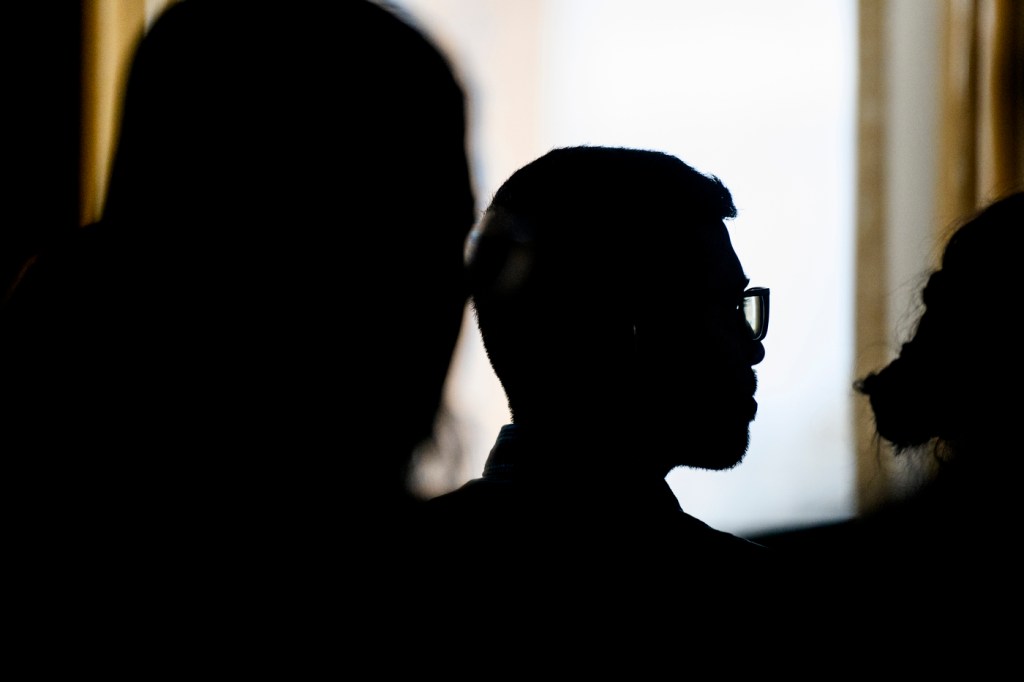Google, Meta and Ofcom reps to discuss the internet’s impact on democracy during conference at Northeastern’s London campus
Speakers at the May 10 conference will include Melanie Dawes, chief executive of Ofcom, and Tom Wheeler, the former chair of the Federal Communications Commission, the independent communications regulator in the U.S.

LONDON — A quarter of the world’s population — about 2 billion people — are expected to head to the polls by the end of 2024.
And while those elections will take place in countries like the United States, India, Brazil, Russia and the U.K., there is one place all those debates will play out — the internet.
Northeastern University’s London campus will host a conference on May 10 that will bring together digital household names, including Facebook owner Meta and search engine giant Google, with U.K. and U.S. regulators and leading academics.
Organized by Northeastern’s Internet Democracy Initiative, the “Internet and Society: The Trans-Atlantic Research Future” conference will focus on the role of the internet in structuring democracy, society and markets.
Speakers will include Melanie Dawes, chief executive of the U.K.’s communications watchdog Ofcom, as well as Northeastern professors David Lazer and Brian Ball.
John Wihbey, an associate professor of media and technology at Northeastern and co-leader of the Internet Democracy Initiative, said 2024’s accumulation of elections was a catalyst for the conference.
Featured Posts
“London is just an ideal place to have those kinds of conversations and to talk about the ways in which the various elections are interconnected by virtue of the public square being hosted, in some part, on global communications technology platforms,” Wihbey said.
“Whether it is Meta, Google, Telegram or X, these platforms obviously have immense power in all of these different national circumstances where elections are taking place,” he said.
The internet, Wihbey said, has rallied democracies around big questions such as how to limit online hate speech, counter disinformation, prevent trolling and abuse, and address privacy and security concerns, election misinformation and the role of algorithms.
“There are so many things that are being asked in India and asked in the United States and asked in a whole host of countries in Africa and Latin America,” he said.
Wihbey, who has previously served as a research consultant for X (formerly known as Twitter), said that in the past 15 years in his field of research, there has been a switch from viewing the internet and its impact on democracy with optimism, to seeing it as “worrisome” in its ability to “unleash various kind of anti-social and anti-democratic forces across digital space.”
Elections, Wihbey said, is just one of many issues that can be polarizing online.
“Our internet technologies can be a force for all kinds of changes in society, with various kinds of moral, ethical and normative dimensions. And they can be good and bad,” he said. “So I think researchers have focused increasingly more on harms and risk.”
His work with the Internet Democracy Initiative, funded by the not-for-profit Knight Foundation, is a bid to ensure greater transparency when it comes to studying the risks associated with the online impact on democracy, Wihbey explained.
He said one of the initiative’s “temples” is the National Internet Observatory, a project that aims to shed light on people’s experiences online.
“Part of the IDI’s goal is to build an ecosystem around this new observatory, this new tool,” he said. “Think of it almost like a telescope for observing the heavens, but instead we are observing internet space.”
Wihbey hopes the London conference can become an annual event, having drawn some notable names from the industry for its debut event.
There will be a keynote address from professor Helen Margetts, director of the Oxford Internet Institute and an adviser to the U.K. government, as well as Claes De Vreese, a professor of AI and society at the University of Amsterdam.
Ofcom’s Dawes will take part in a fireside chat with Tom Wheeler, the former chair of the Federal Communications Commission, the independent communications regulator in the U.S.
Peter Stern from Meta and Beth Goldberg, head of research at Jigsaw, Google’s unit exploring threats to open societies, will also join an industry panel.
Brian Ball, an associate professor in philosophy at Northeastern University London who will open the day-long conference, said: “We have got very accomplished academics from Europe as keynote speakers for this event.
“This is a clear signal that Northeastern University London is now open for research and research collaborations in the area of the conference’s title theme of ‘Internet and Society.’
“We also have some very impressive speakers from industry and from oversight bodies to round things out at the end of the day.
“I think that rightly indicates that our research in these areas is not insular, but engaged with the issues that are confronting contemporary societies. We are interested in working in a way that is cross-sectoral and interdisciplinary to address them, so I’m pretty excited about this opportunity.”










